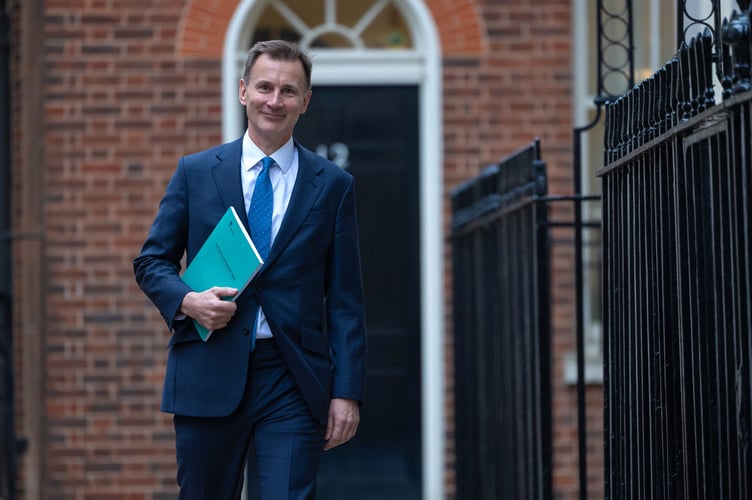Last week was an incredibly busy one because, as many of you will have seen, I delivered the Budget in the House of Commons. It is one of the biggest days in the parliamentary calendar and for the Chancellor, work started literally the day after the Autumn Statement.
With the economy now turning a corner, we can focus on long-term growth and on bringing down taxes to make us competitive, alongside modernising public services. You may have seen that I announced a 2% cut to National Insurance which, when taken together with my measures from the autumn, means that 27 million employees will get a tax cut of on average £900 per year. That is about the same amount that the state pension is going up– as I announced in the autumn that we are sticking to the triple lock. The OBR say that the National Insurance cuts bring the equivalent of 200,000 workers into the economy and boosts GDP.
I also announced more money for the NHS, which constituents know is an institution I care deeply about. We have already provided record funding for it, but I announced an additional £6 billion, including funding for a productivity plan produced by the NHS– for example, for improvements to MRI and CT scans so patients can get their results faster.
But one of the most important measures I announced was one that was less talked about: changes to the High Income Child Benefit Charge. The current system is hugely frustrating for many parents locally who see their child benefit clawed back when the salary of one parent rises above £50,000 per year. I announced that from this April the threshold will be raised to £60,000 and that the top of the taper at which it is withdrawn will be raised to £80,000.
The current system is also not fair on single earner households. For example, two parents earning £49,000 a year receive the benefit in full but a household with one parent earning £50,000 does not. I therefore also set out plans to end that unfairness. This plan will take a bit longer to put into place because it means that we need to allow HMRC to collect household level information, but we will consult on the new system being introduced by April 2026.
Why did I announce these changes to child benefit? Firstly, it is good for families. As of this April 170,000 families will be taken out of paying the High Income Benefit Charge altogether. The change will have a positive impact for almost half a million families in total, each saving an average of £1300. When combined with the cuts to National Insurance over the Budget and the autumn, a couple with two school-aged children, both working full-time with one parent on £60,000 and one on an average salary of £35,400, will be better off by £4,600. Those families will have more money in their pockets at the end of each month.
Secondly, it is good for the economy. The OBR say that raising the threshold will increase the number of hours among those already working by a total equivalent of around 10,000 people entering the workforce. More hours worked is good for economic growth, which is in turn also good for our public services. That is the fundamental part of our plan for the economy, and it is what I will continue to work to deliver as Chancellor.




